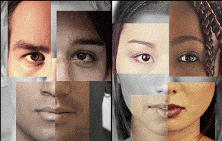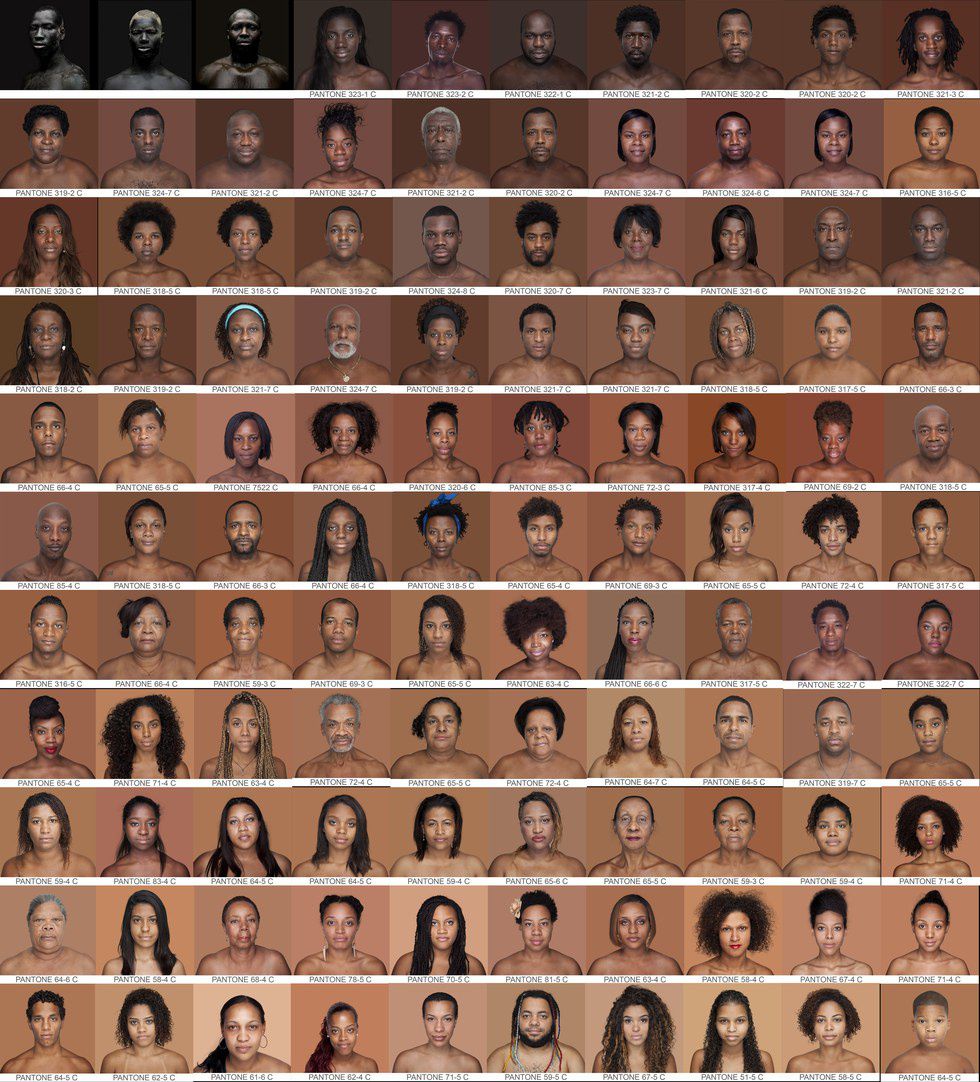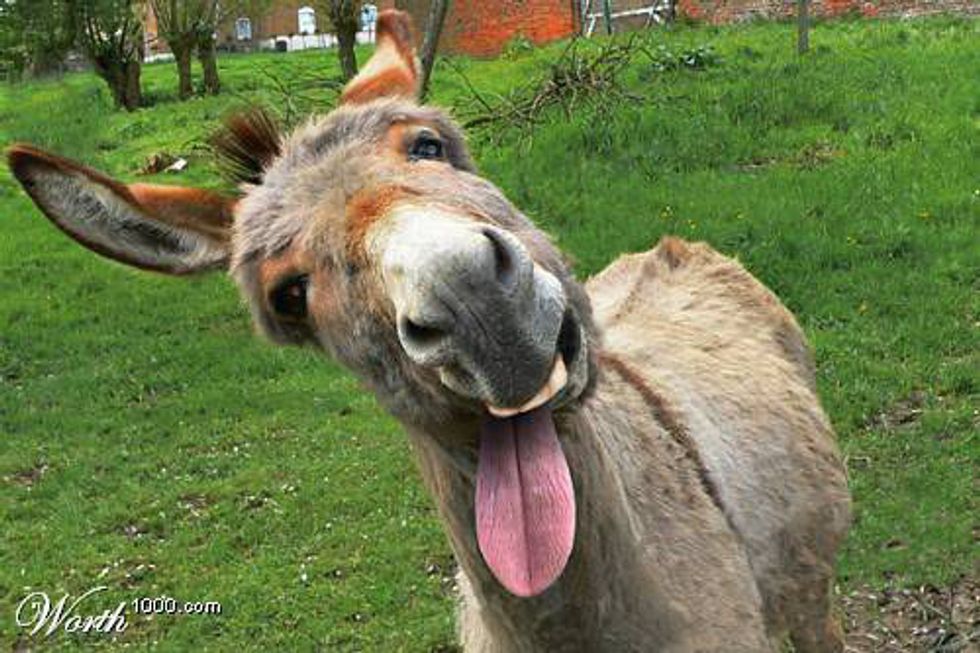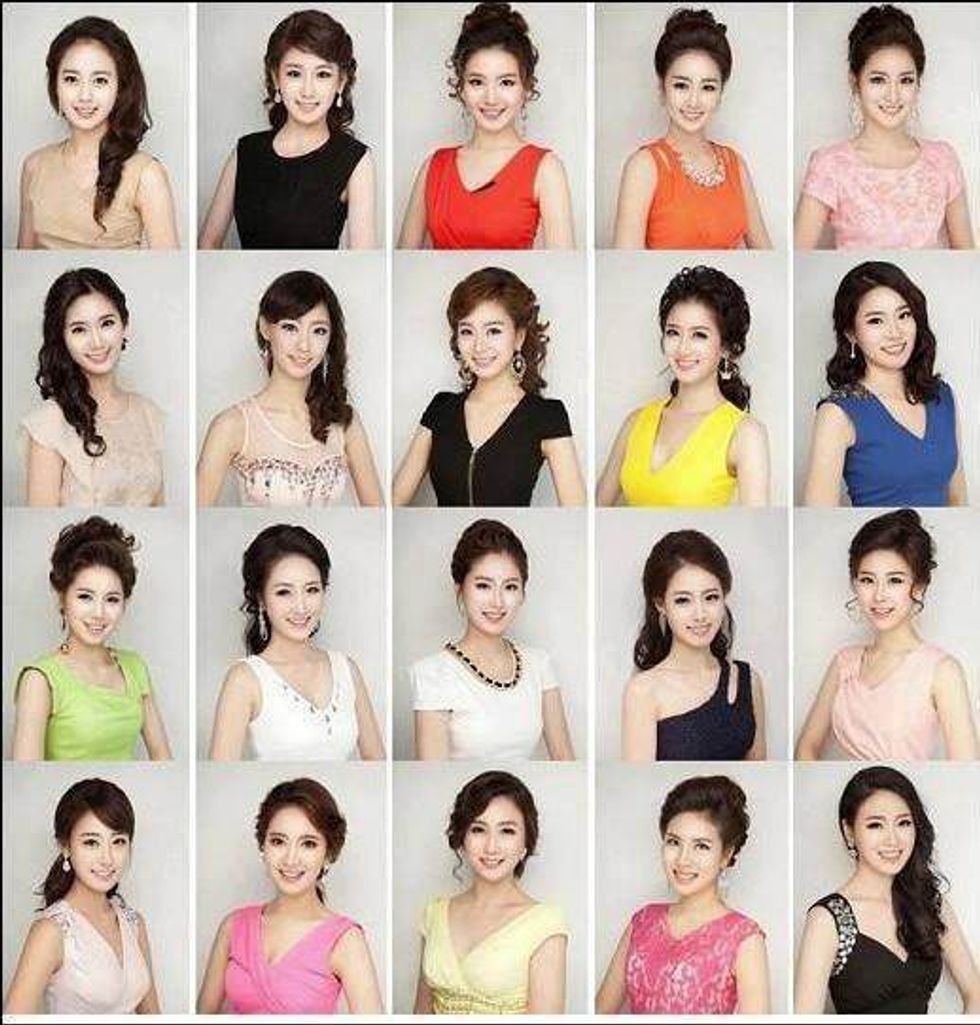Part of living in a world mandated by PC culture means that there is a growing list of "universally" offensive words and/or actions. The problem is that every culture has had different experiences and beliefs throughout history which means we all have different ideas of what is or isn't offensive. As an immigrant Latina, I have found that there are several things we culturally don't believe to be offensive in any way shape or form but many other Americans do. Here is a small list of "offensive" things latinos say or do:
1. Use of the word "negro"
One of the most popular nicknames, if not the most popular, in Latin American countries is "el negro" or "la Negra". In America that is one of the most racist things you could hear and that is due to the history of slavery and systematic racism against the African American community in America. But in many Latin American countries, African slavery was much less predominant or nonexistent. For many latinos "el negro" (the black one) is not laced with a derogatory background and is hardly ever used as a way to make someone feel less appreciated. Of course, you won't see many or any latinos giving that nickname here in America because it is culturally negative here but don't be surprised to hear it if you ever travel to any Country in Latin America and hear this word being used.
2. Telling people they are animals if they're acting dumb.
I don't know if this happens or not in America but in the four years I've lived here I've never heard anyone call someone a "Donkey", "mule" or just straight up "animal" is they're being stupid. In Guatemala, however, this was a common occurrence. I have been called and called others "burro (donkey)" on many occasions. It is a way to tell someone that maybe they are acting in an extremely dumb way and they should probably use their common sense a little bit more. The same applies to the words mula (mule) or animal. A little bit mean and vulgar? Probably yes. Racist or offensive? Definitely not.
3. Calling someone a monkey.
In America, again due to its historical background, calling someone a monkey is looked down upon. In Latin America, however, it is not. I have heard people being called "mono or mona (monkey)" plenty of times but it usually either means they are flexible and talented enough to climb a tree or [ironically due to its meaning here in America] "mona" is also used to tell someone that they dressed up nicely ex) "estás muy mona el día de hoy" (you look very nice today) or "ella tenía un sombrero muy mono en l fiesta" (she had a very cute hat at the party).
My siblings used to be gymnasts and they would get called monkey quite a lot due to their ability to climb ropes and trees and basically anything that could support their weight (which was most things). Not once have I heard someone being called a monkey in Guatemala and have it be a racist slur.
4. Every Asian person is Chinese, apparently.
In case you haven't caught on to this yet, latinos love nicknames that describe a person's most prominent feature. In the case of people that come from china, Korea, Japan, or anyone possessing their eye shape their nickname has become "el chino" or "la China" (the Chinese one). This one I have a little bit of trouble with because in a way I think it's somewhat offensive and I'm sure anyone in Asia would think so as well. But again just like the term "el negro" it is never used in a derogatory way and I've never met any person that lives in a Latino country that dislikes being called "chino" even if they're not Chinese. Another thing is that this nickname is not used only for people who are from those countries but anyone with that similar eye shape. So if you do and happen to visit Latin America anytime soon don't be shocked if you get called chino and try not to be too insulted if you correct them and they do it again. I'm sure they're trying not to call you that but it's too ingrained in their brain to change and know it's not a derogatory term.
I could keep going but I guess I've made my point clear. Many cultures and countries have different lenses of perception as to what is right and wrong and what is acceptable and what isn't. That is why something you perceive as rude may not be for someone else. We need to learn to embrace our cultural diversity and with that comes accepting different cultural ideas.


























